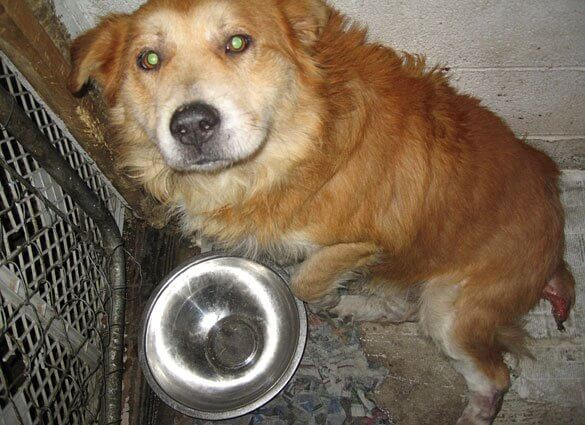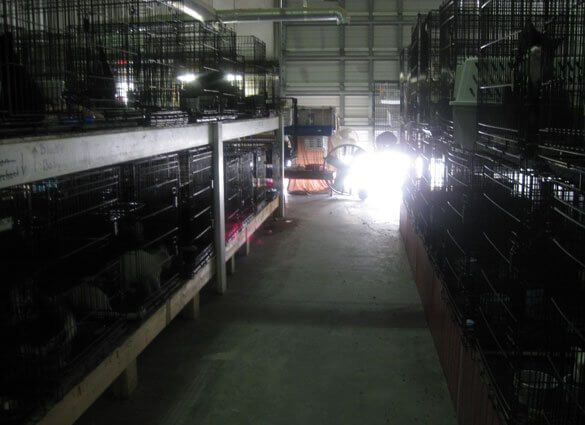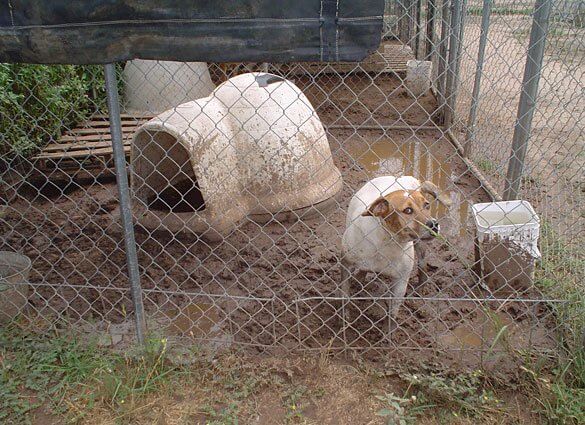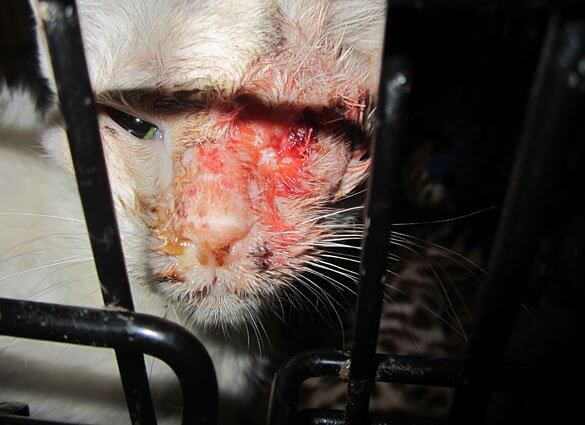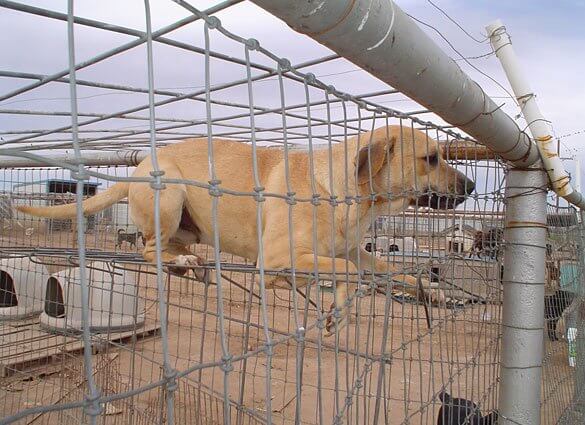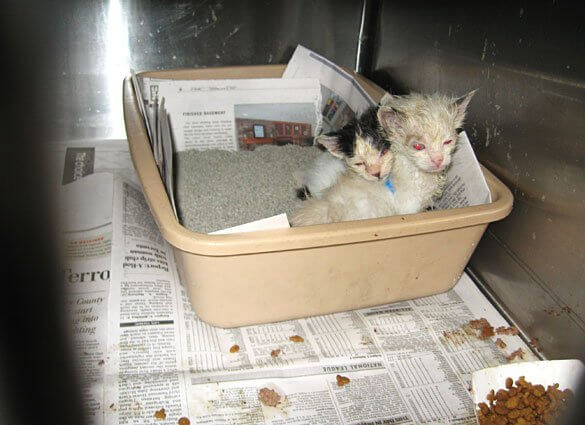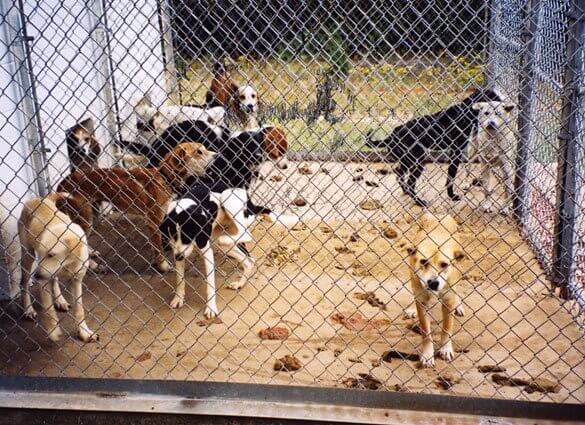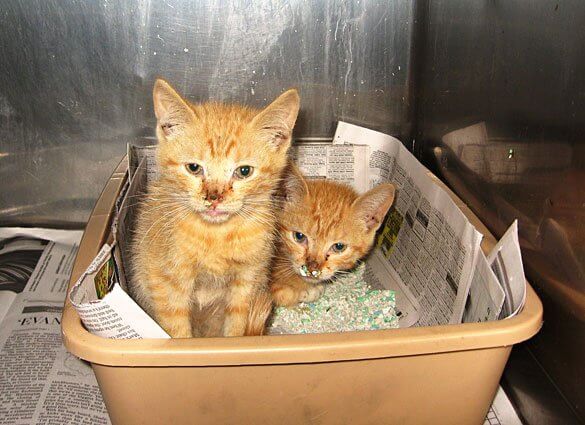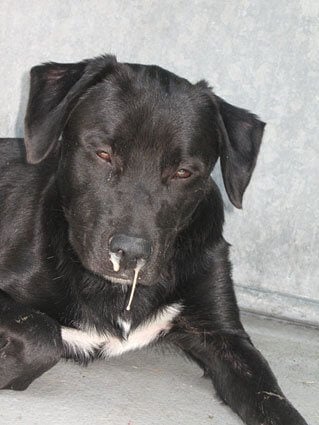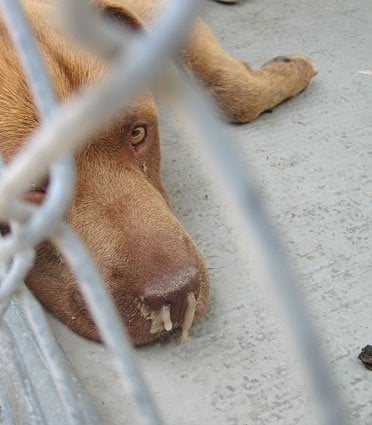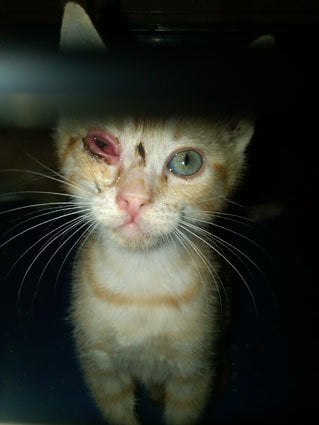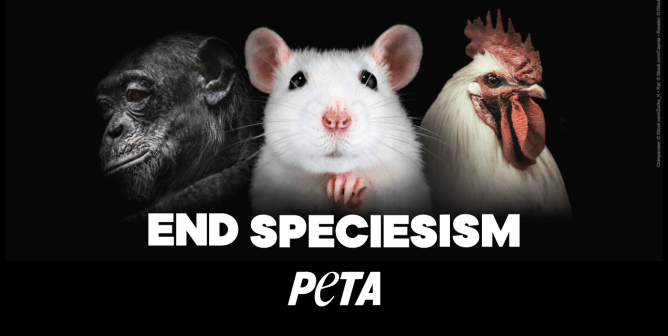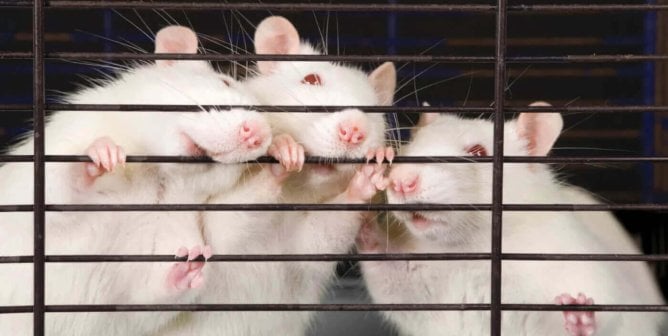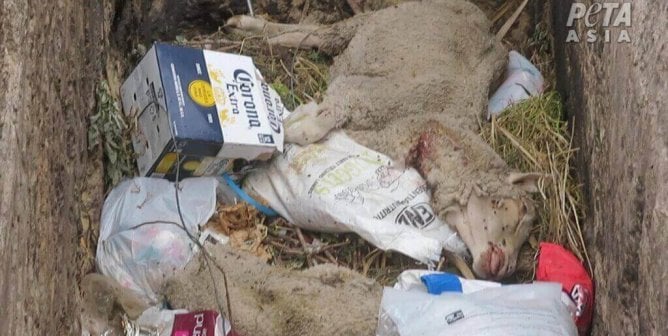‘No-Kill’ Policies Slowly Killing Animals 2010
When “no-kill” animal shelters and rescue groups are filled to capacity, which is almost always, they are left with two options: turn away more animals than they take in or warehouse animals, often in substandard, filthy, and severely crowded conditions, for weeks, months, or even years on end. Most, if not all, of the animals who are turned away from such facilities still face untimely deaths—just not at these facilities.
Instead they are cruelly killed by people who don’t want them, are dumped on roadsides and left to die from starvation or being hit by a car, or spend their short lives homeless, unwanted, and producing more litters of animals for whom no homes exist.
The lucky ones are taken to well-run open-admission animal shelters, where they either find a well-screened, permanent home or are painlessly euthanized in the arms of professionally trained, compassionate people. Here are some of the “no-kill” animal shelter failures that made headlines in recent years for making animals suffer a fate far worse than a kind death.
Reports Showing How ‘No-Kill’ Policies Harmed Animals in November 2010
Boone County, West Virginia
Authorities removed more than 100 animals from Safe Haven Animal Rescue Effort. Animals were suffering from starvation, skin diseases, and sores and were found in rusty metal cages in a barn.
Reports Showing How ‘No-Kill’ Policies Harmed Animals in October 2010
Cumberland County, Pennsylvania
Investigators shut down 1 Life Rescue in Camp Hill after they found that more than 100 sick cats and dogs were living in severely crowded and unhealthy conditions.
Reports Showing How ‘No-Kill’ Policies Harmed Animals in September 2010
Goochland County, Virginia
The operator of Pet Rescue Foundation was found guilty of inadequate care of animals.
Raeford, North Carolina
After repeatedly failing state animal welfare inspections, The Haven’s animal shelter license was revoked. The Haven continues to operate illegally.
Reports Showing How ‘No-Kill’ Policies Harmed Animals in August 2010
Macon, Georgia
The Georgia Department of Agriculture ordered All About Animals Rescue to shut its doors after an investigation revealed severe crowding in the dilapidated building and cages.
Reports Showing How ‘No-Kill’ Policies Harmed Animals in July 2010
Fallon County, Montana
Authorities shut down the Eastern Montana Humane Society and removed approximately 100 animals found “living in filthy, cramped pens and crates.”
Reports Showing How ‘No-Kill’ Policies Harmed Animals in January 2010
Clarksdale, Mississippi
The Clarksdale-Coahoma County Animal Shelter was discovered to have crammed approximately 400 animals into a facility built to hold 60 dogs when contracted operators tried to run it as a “no-kill” animal shelter. The facility was raided, and all the animals were removed.
Allegheny County, Pennsylvania
The owner/operator of Tiger Ranch Cat Sanctuary was sentenced to two years of house arrest and 27 years of probation after a raid on the “sanctuary” resulted in the seizure of 497 cats—107 found dead on the property. Another 150 cats had to be euthanized immediately because of illness and injury.
2023 | 2022 | 2021 | 2020 | 2019 | 2018 | 2017 | 2016 | 2015 | 2014 | 2013 | 2012 | 2011 | 2010 | 2009 | 2008

